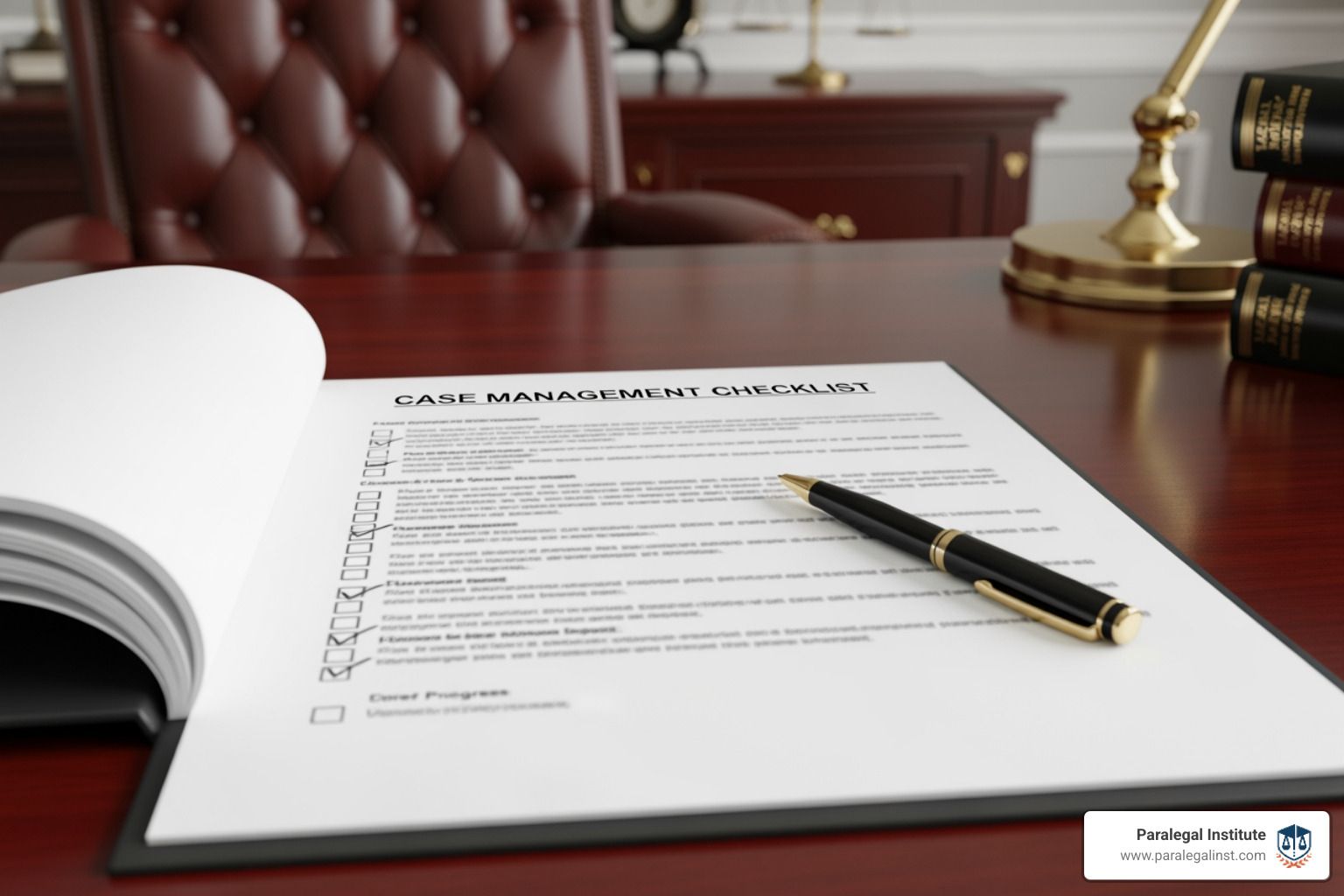Improving Your Legal Writing Skills in Paralegal Courses
Getting a handle on legal writing is a top-notch skill for anyone entering the paralegal field. It's not just about putting words on paper; it's about crafting clear, precise documents that won't leave others puzzled. Mastering this craft can open up more opportunities, making you a standout candidate for many roles in the legal sector. Plus, you’ll feel more confident working alongside lawyers, tackling tasks like drafting contracts or preparing reports.
Think of legal writing as essential to any legal work. When done well, it helps ensure that legal processes run smoothly. Sharpening these skills isn't only about enhancing your resume—it's about achieving effective communication in any legal setting. Being capable of writing with clarity can lead to career growth, allowing you to take on new challenges in your role.
Understanding the Basics of Legal Writing
Legal writing isn't like writing a story or a casual email. It's a different ball game with specific rules and structures. Knowing the key components of it is the first step. Legal writing usually involves creating documents like briefs, memos, and contracts. These require a specific format and style that's both clear and direct.
Here are some important points to keep in mind:
- Structure Is Key: Legal documents must follow a specific format. Learning this format helps in organizing information logically.
- Precise Language: Words need to be chosen carefully. Even small changes in wording can alter the meaning of a legal document. Avoid ambiguity by being specific about what you mean.
- Citing Sources: Properly referencing laws and previous cases in your writing is crucial. This shows where the legal basis for an argument lies.
So why is clarity and precision so important? You're not writing just for yourself. Legal writing is meant to be read by judges, clients, and other professionals who depend on the document to speak effectively. Clear writing avoids misunderstanding and errors, which is vital in the legal space. Misinterpretations can lead to issues down the road, which is something no one wants.
Tips for Improving Legal Writing Skills
Want to improve your legal writing? Here are some practical tips that can really make a difference:
1. Organize Your Thoughts: Before writing, outline what you want to say. This helps in structuring the document logically and ensures nothing important is left out.
2. Use Proper Terminology: Familiarize yourself with common legal terms. This will make your writing sound more professional and informed. However, avoid overloading your work with jargon, making it hard to understand.
3. Focus on Grammar and Punctuation: A comma in the wrong place can sometimes change the meaning of a sentence. Paying attention to grammar and punctuation helps maintain the intended message.
Improving your legal writing skills is all about practice. With time, you’ll find that writing becomes more intuitive. Keep practicing and seeking feedback, and you'll see your skills grow.
Utilizing Resources and Tools
To refine your legal writing, using the right resources and tools can make a big difference. From online tutorials to software, several options can help you enhance your skills.
- Online Courses and Tutorials: Platforms that offer courses on legal writing can provide structured learning and tips from experts.
- Editing and Proofreading Software: Programs like Grammarly or Hemingway can assist in catching grammar issues and improving sentence structure.
- Writing Workshops: Attending workshops can offer hands-on practice and valuable feedback from instructors and peers.
Engaging in these resources can help you become more independent and efficient in your writing tasks. Remember, the goal is to strive for continuous improvement by staying informed and adaptable.
The Role of Feedback and Practice
Continuous growth in legal writing requires both practice and feedback. Constructive criticism from mentors or colleagues is invaluable. They can point out areas for improvement, helping you avoid the same mistakes in the future.
Regular practice is equally significant. By writing frequently, you can develop a natural feel for legal language and structure. Here’s a way to make practice a habit:
1. Daily Writing Exercises: Set aside 15 minutes a day to work on sample legal documents or parts of them.
2. Peer Review Sessions: Exchange drafts with peers for insights on clarity and precision.
3. Simulate Real-World Tasks: Try drafting actual legal documents, like memos or briefs, based on hypothetical scenarios.
Consistency in these activities hones your skills, making complex writing tasks easier over time.
Summing Up Your Journey to Better Legal Writing
Improving your legal writing transforms you into a more competent and confident paralegal. Being proficient in this area not only strengthens your daily work but also makes you a valuable asset to your team. It’s about fitting the pieces together to communicate effectively and without confusion.
As you continue on this path, keep learning and adapting, embracing all the resources and feedback along the way. By nurturing these skills, you set yourself up for future success in the legal field. Embrace every opportunity to learn and watch as your writing evolves to meet new challenges head-on.
If you're serious about advancing your legal career, consider enrolling in a paralegal online program with the Paralegal Institute. Our programs are designed to enhance your mastery in legal writing and other essential skills. Dive deeper into the world of law and equip yourself for the demands and opportunities in the legal sector. Start the journey to becoming an accomplished paralegal today!










